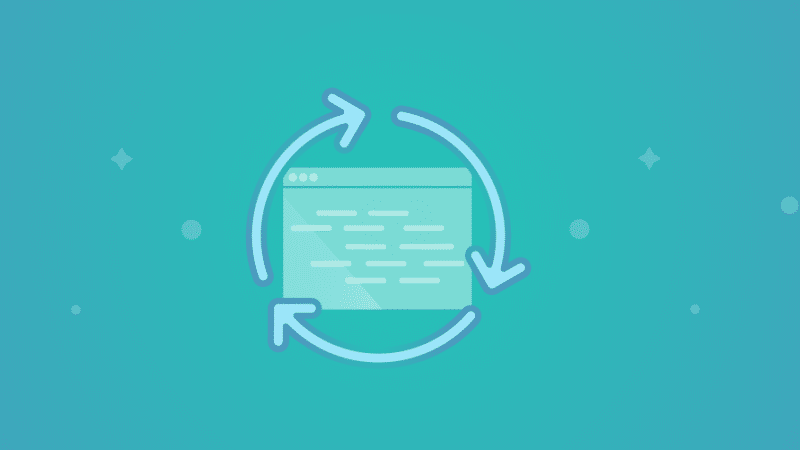
Oracle EBS users across the globe are looking to move their workload to Oracle Cloud. Undoubtedly, Oracle Cloud delivers attributes like performance, versatility, scalability, and governance required by enterprises which are commonly not found in on-premises systems. However, migration from EBS to Oracle Cloud is not as simple as it appears.
So, IT leaders/ CIOs often get perplexed on deciding whether or not should they move to Oracle Cloud. In this article, we’ll discuss the benefits as well as challenges of Oracle EBS to Oracle Cloud Migration. We’ll also propose a solution to address these challenges.
Benefits of Oracle Cloud Migration
Low Cost of Ownership

Hardware is very expensive when it comes to buying, configuring, and maintaining. With Oracle Cloud, enterprises will have significant savings as they pay for month to month as an operating expense rather than as a capital expense up front.
Scalability
With Oracle Cloud, you get the flexibility to add or remove compute power as per your changing business needs. Enhancing capability and computing power is a matter of minutes in Oracle Cloud as compared to costly and time consuming alternatives in on-premise systems like upgrading CPU, memory and storage.
Integrated Governance & Control
In Oracle Cloud Apps, access is granted via Oracle Identity and Access Management technology. This technology supports role-based access controls and granular allocation and auditing capabilities. Furthermore, admins can set access policies and grant permissions based upon unique organization’s requirements.
Continuous Updates

As its commitment towards its customers for continuous innovation, Oracle rolls out new features and functionalities in the form of monthly patches and quarterly updates. These updates can be opted quickly without requiring additional infrastructure. Enterprises can quickly test new features and start using them to streamline their business processes.
Although, the benefits are huge, but EBS to Oracle Cloud migration has its own challenges. Some of the challenges are listed below.
- One of the major challenge while moving to Oracle Cloud is to understand the exact scope of migration. Since process discovery is still a manual method, enterprises often rely on unscientific approaches like industry experience or guesses to understand and implement processes.
- While moving from EBS to Oracle Cloud, data migration can pose serious challenges due to complexity, history, and volumes of data. Since financial data and transactions need to be audited for statutory and regulatory compliances, it is necessary to migrate and archive data accurately.
- Another key challenge is integrations. Over the years, EBS customers have integrated their instance with numerous third-party applications. To ensure that these integrations work in the Oracle Cloud, customers need to define, create or modify existing database objects. However, this is a challenging task as Oracle Cloud Apps do not provide direct access to the underlying database, making it very difficult to create or modify custom database objects.
To address these challenges, enterprises should bring in “test focussed” EBS to Oracle Cloud migration strategy. This strategy should be well supported by “Oracle Cloud Test Automation Framework” that autonomously mines the underlying business processes and offers one-click information about your existing configurations.
Not only, it will help you with clear scope of migration but also ensures adequate testing by avoiding under and over testing. Oracle testing framework should mines configurations along with relevant data sets so that QA teams don’t have to worry about test data.
The Oracle test automation platform should support Oracle quarterly and monthly patch testing so that enterprises can realize their digital transformation initiatives.










